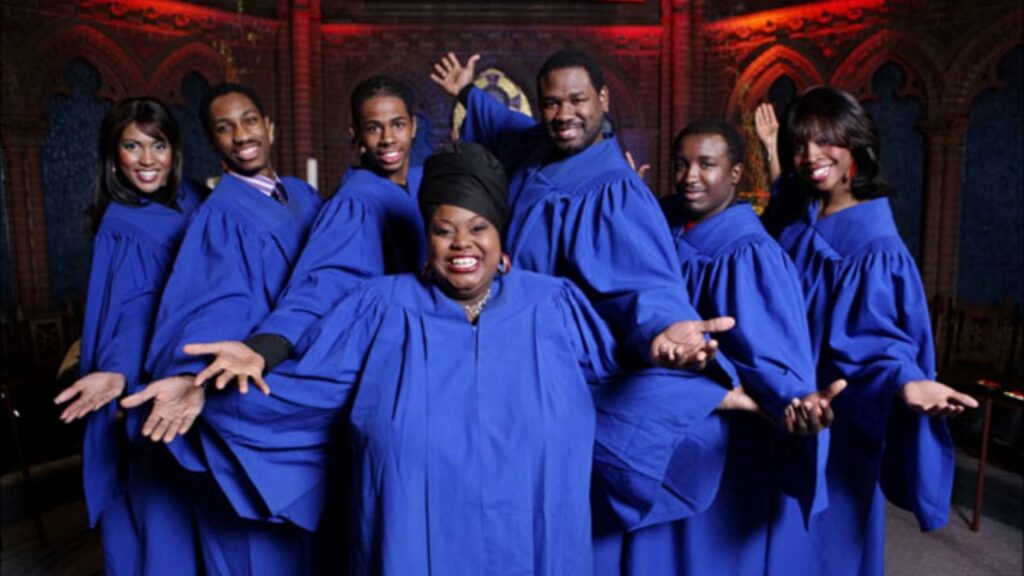How Gospel came along:
The precursor to black Gospel music is the African American spiritual, which had been around for well over a century before Gospel music began its rise to popularity in the 1930s. Songs written by African American composers in the decades following emancipation that focused on biblical themes and often drew from spirituals were the source for the development of the Gospel. An example is “De Gospel Cars,” by the famous composer Sam Lucas.
The development of the Gospel:
A key figure in the development of the Gospel was Thomas A. Dorsey (1899 -1993). Referred to today as the father of Gospel Music, Dorsey pioneered the form in Chicago. Before devoting his career to the development of the Gospel, Dorsey, the son of a Georgia Baptist preacher, was a prolific blues and jazz composer and pianist. Secular music’s energetic rhythms and primal growls heavily influenced Dorsey’s sacred composing style.
Although singers like Aretha Franklin had introduced Gospel-style songs to the pop charts with songs like “Think” in 1968, church-centric Gospel music began to cross over into the mainstream following the release in 1969 of the recording of “O Happy Day” by Edwin Hawkins Singers, a mixed-gender Gospel chorus based in the San Francisco Bay area. The song, which was based on a mid-eighteenth-century English hymn, sold more than a million copies in two months (well above average for a Gospel recording) and earned its composer, Edwin Hawkins (born 1943), his first of four Grammy Awards.


